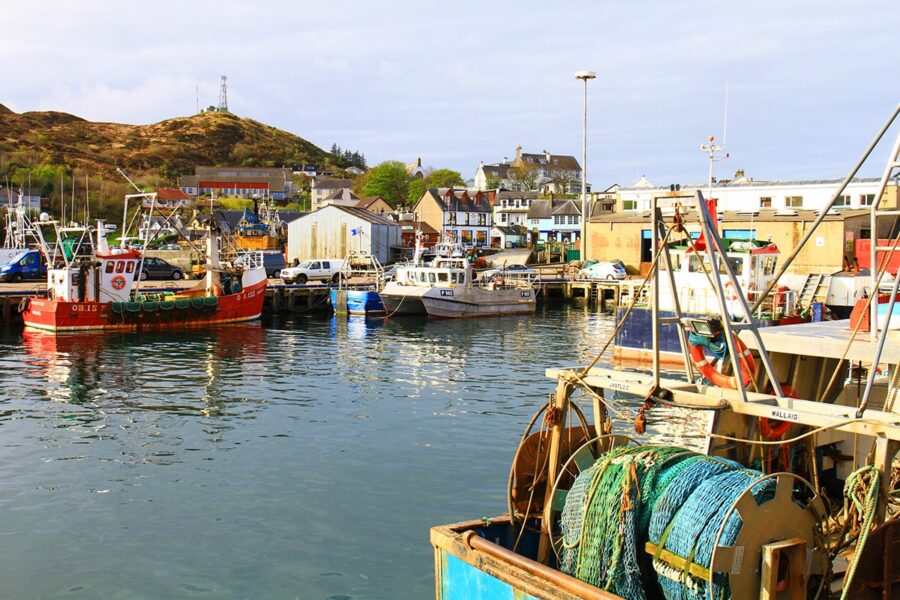EU and Norwegian fishermen’s organisations are warning that fuel prices are forcing vessels to tie up because fishing is becoming uneconomic.
European fishing organisations Europêche and EAPO have written jointly to the European Commission warning that spiralling fuel costs and the overall difficult economic situation and costs of seafood production are forcing boats to tie up.
They write: “The impact on commodity prices triggered by the Russo-Ukrainian conflict on top of a post-pandemic market recovery is a substantial problem for the production of seafood by the industry.
“Fishing vessels in all the member states represented by our organisations are tying up as a consequence of this. Specifically, the fuel price has just reached a new all-time high, exceeding €1/litre in many EU countries. This has led to a situation in which for many vessels it is impossible to go to sea and achieve a revenue that is higher than the costs of the fishery operations.
“First-sale fish prices are not covering the increased production costs, and most market processes in our sector do not enable a quick adaptation of the revenue.”
Norwegian fishing industry organisation Fiskebåt has warned the Norwegian fisheries minister that the rocketing cost of fuel may force some owners to tie up their vessels because it will not be economic to catch their quotas.
Deputy director Jan Ivar Maråk warns that despite efforts to move in new directions, the fishing fleet has no real alternative to fossil fuels and is at the mercy of international fuel prices, reports Fiskerforum.
The fleet was paying around NoK5 per litre at the end of last year, which rose to NoK6.20 a week ago, and this has since jumped to more than NoK10 per litre.
He points out that in addition to these rocketing prices, fishing companies are also subject to a CO2 tax and VAT on fuel, and that companies face ‘a very substantial’ liquidity burden when paying for fuel.
He tells the minister that a series of measures is needed, including ‘strengthening the compensation scheme for the fishing fleet, making it possible for the fleet to bunker without a basic tax on mineral oil, assessing subsidisation of fuel on similar lines to the scheme for electric power, and assessing measures that could increase the energy efficiency of the fishing fleet, as well as changing the definition of distant-waters fishing’.
This story was taken from the latest issue of Fishing News. For more up-to-date and in-depth reports on the UK and Irish commercial fishing sector, subscribe to Fishing News here or buy the latest single issue for just £3.30 here.








